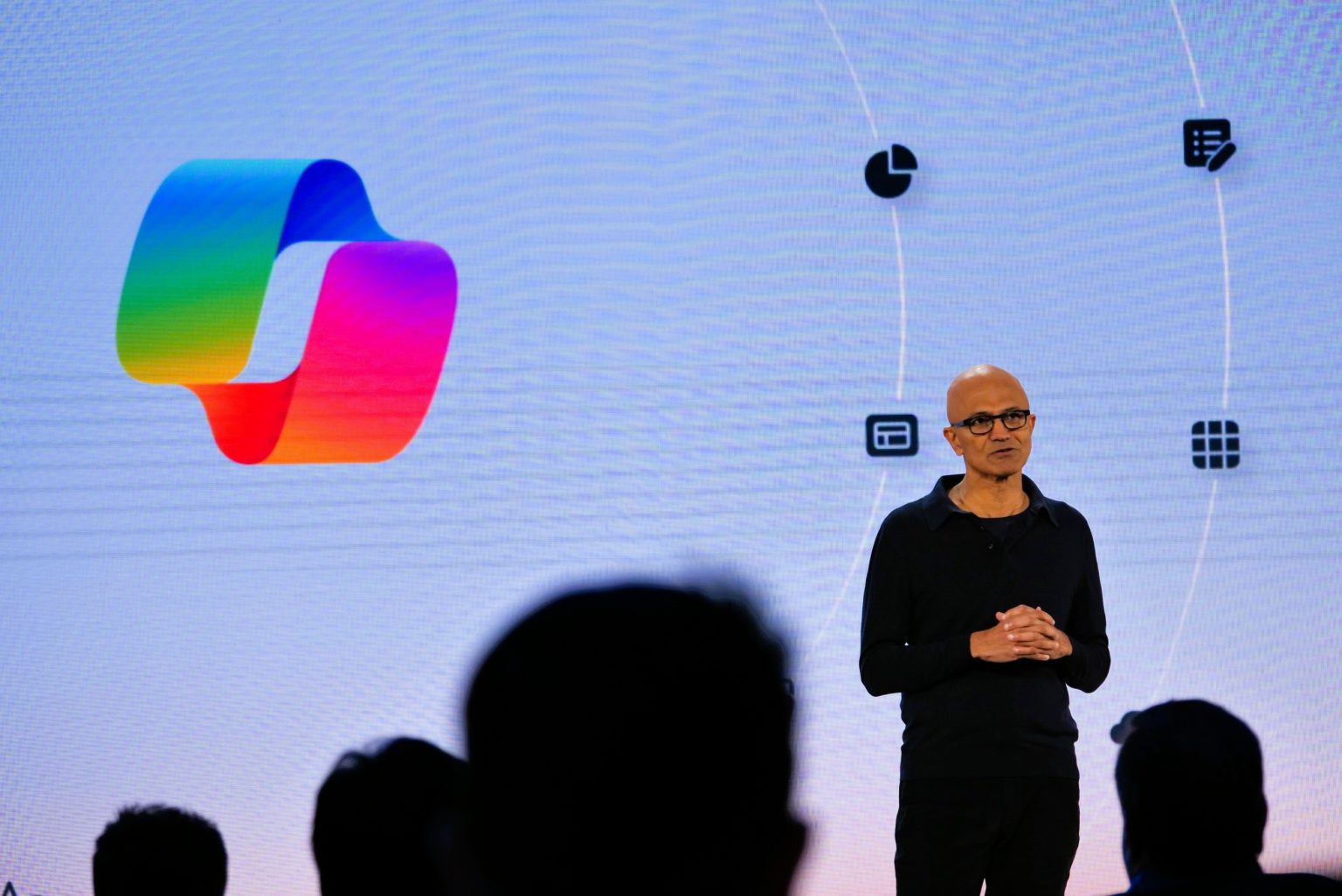Microsoft @ 50 is a year-long project by GeekWire exploring Microsoft’s past, present, and future as the tech giant celebrates its 50th anniversary in 2025. The research paper titled “A Universal Law of Robustness via Isoperimetry” by Microsoft’s Sebastien Bubeck and Harvard’s Mark Sellke was a turning point for AI research at Microsoft. The paper highlighted the need to increase the scale of AI models significantly, leading to billions of dollars in investments in AI infrastructure by Microsoft and CEO Satya Nadella’s decision to pursue AI breakthroughs.
AI has been a significant focus at Microsoft since its early days, influenced by co-founder Paul Allen’s visions of intelligent machines. Over the years, Microsoft has made strides in AI research, leading to groundbreaking advancements in speech recognition, computer vision, machine learning, and more. AI has been integrated into many of Microsoft’s products, from spam filters in Exchange to AI coding companions like GitHub Copilot. AI is playing an increasingly crucial role in Microsoft’s growth, with its revenue surge attributed to AI advancements such as GitHub Copilot and AI productivity assistance.
Despite its success in AI, Microsoft faces challenges in realizing the full potential of the technology. Competition from startups and tech giants like Google, Amazon, and Salesforce has increased. Microsoft has been focusing on AI safety and ethics, but challenges such as data privacy and environmental impact remain. The company is investing heavily in AI and cloud infrastructure, including specialized processors for AI models, to address these challenges.
Microsoft’s approach to AI, including partnerships with OpenAI, DeepMind, and Google Brain, has drawn attention. The company’s collaboration with OpenAI has led to significant advancements in AI models and technologies. However, there is concern about Microsoft’s talent retention as high-profile AI researchers leave for other opportunities. Despite some risks, Microsoft’s commitment to AI research, including developing advanced hardware and infrastructure, remains strong.
AI is reshaping technology research at Microsoft, with a shift towards becoming “AI native” and leveraging generative AI for various applications. Products and services are increasingly incorporating AI advancements to deliver value to users. The focus now is on creating breakthroughs that were once deemed impossible but are now achievable through AI technology. Microsoft’s CTO, Kevin Scott, highlights the new era of AI as an opportunity for developers and software engineers to innovate, continuing the company’s legacy of pursuing the previously impossible and making it merely difficult.


